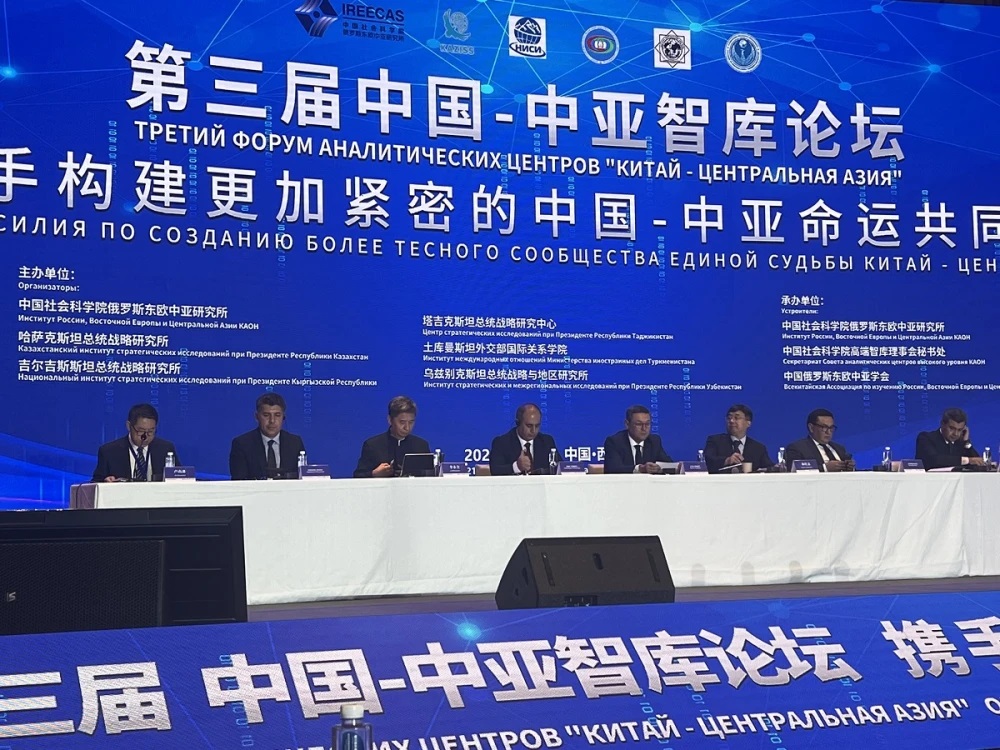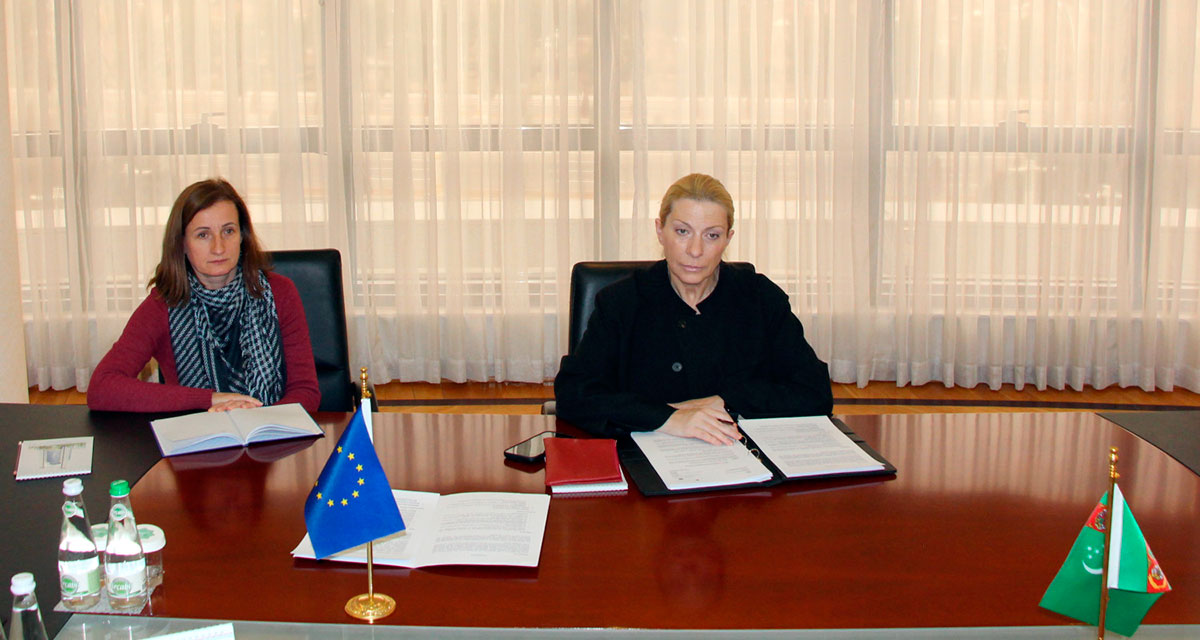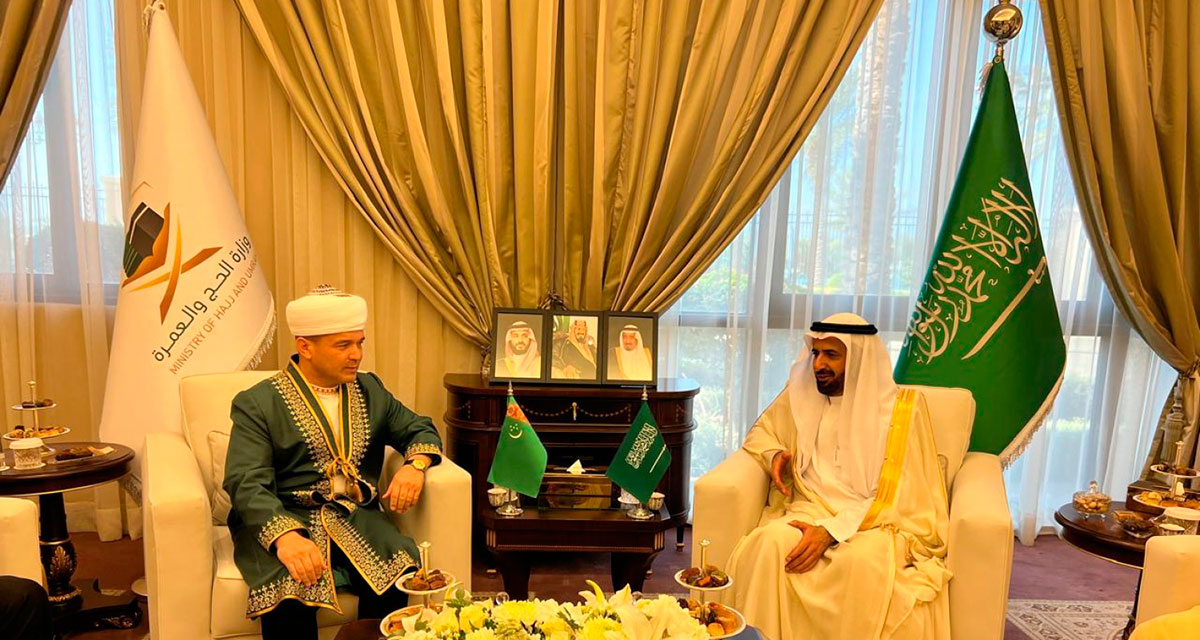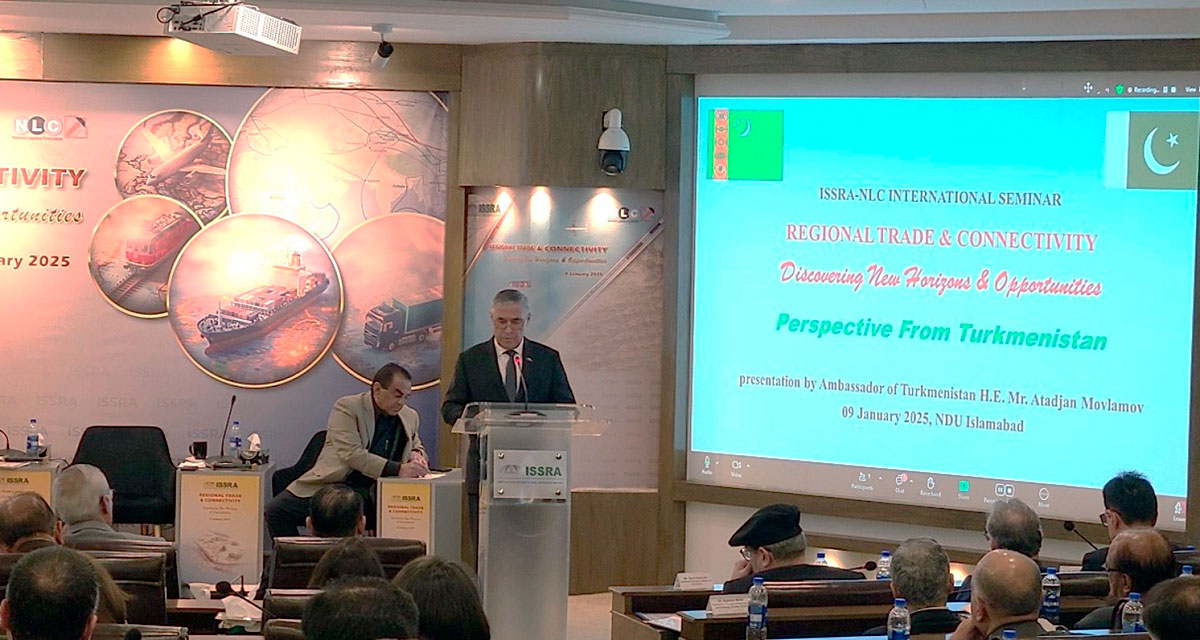The third Think Tank Forum "China - Central Asia", held from September 21 to 23 in Xi'an, Shaanxi Province, has completed its work.
The forum was dedicated to the theme "Unite efforts to create a closer community of common destiny for China-Central Asia" and was organized by the Institute of Russia, Eastern Europe and Central Asia of the Chinese Academy of Social Sciences and the Institutes of Strategic Studies of Kazakhstan, Kyrgyzstan, Tajikistan and Uzbekistan. The meeting was co-organized by the Institute of International Relations of the Ministry of Foreign Affairs of Turkmenistan.
The forum was attended by delegations from different countries of the region, including Turkmenistan. In general, more than a hundred experts and scientists gathered at the event.
Within the framework of the forum, there were discussed the tasks of modernization in the context of cultural and civilizational diversity aimed at improving the socio-economic situation of the participating countries and strengthening interregional cooperation.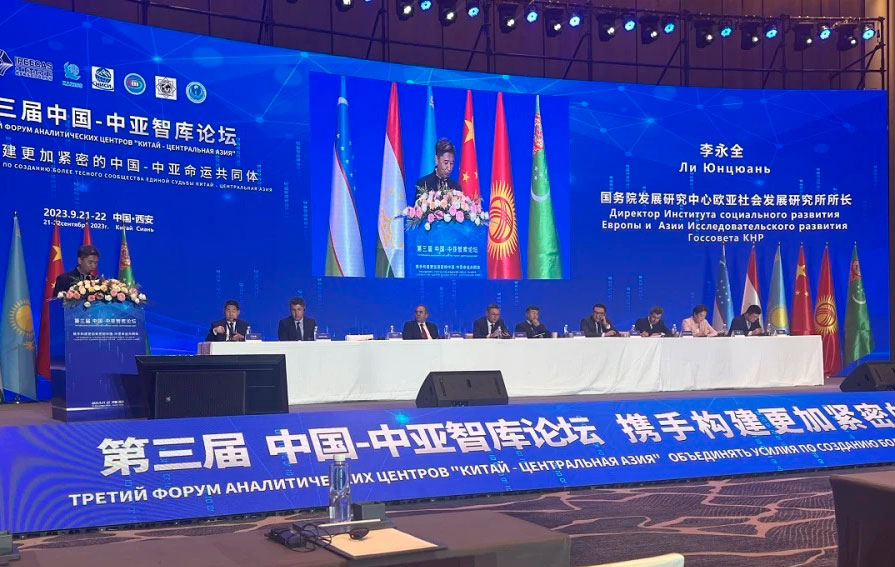
During the forum, a thorough exchange of views took place, recommendations were made regarding the possibilities and effective ways to create a closer community of the region’s countries, conditions for further development and deepening of ties, ensuring universal well-being, peace and prosperity. In this context, constructive initiatives and proposals voiced by the States of the region at earlier meetings in the China-Central Asia format were discussed in detail.
This topic was covered in detail in the speech of Professor Jumamurat Gurbangeldiev, Rector of the Institute of International Relations of the Ministry of Foreign Affairs of Turkmenistan. As noted, at the Fifth Consultative Meeting of the Heads of States of Central Asia recently held in Dushanbe, President of Turkmenistan Serdar Berdimuhamedov put forward a number of initiatives and proposals to strengthen cooperation between the countries of the region.
One of them is the Energy Dialogue of the Central Asian countries, since energy is a key component of the economies of the states. And nowadays, in Central Asia there is a process of formation of political, legal and economic conditions for sustainable energy cooperation, focused not only on meeting domestic needs, but also on bringing energy resources to international markets.
Another initiative voiced by the head of the Turkmen state concerned the need to launch a Central Asian transport and logistics platform, which will contribute to the creation of transport hubs in the region, the formation of new transit corridors and increase of the efficiency of existing ones, as well as optimization and improvement of customs, migration and other types of procedures along international transport routes.
The transport sector, as it is known, has always been the most important segment of the partnership. The joint efforts of the Central Asian States are systematically creating conditions for cargo and passenger traffic between the countries of the region and other regions of the Eurasian continent.
At the Dushanbe Summit, a number of other equally important initiatives were put forward within the framework of Central Asia, but also relevant for other states. These are proposals to create a Council on New Technologies; a Regional center for technologies related to climate change; a regional Chamber of Commerce. The Turkmen head of state also called for the establishment of a Dialogue on Security and Cooperation under the auspices of the UN and for the modernization of the Central Asian Water Strategy.
Regarding the "China - Central Asia" format, Jumamurat Gurbangeldiev quoted President Serdar Berdimuhamedov:
"The peoples of Central Asia and China are connected by centuries-old friendly relations, cooperation, vast experience of interaction and good neighborliness. It is well known that the Great Silk Road, which passed through the territory of Central Asia from China to Europe, became a factor in the development and progress of the entire world civilization."
Shiri Shiriev, Director of the Scientific Center for Strategic Studies of the IIR of the Ministry of Foreign Affairs of Turkmenistan, made a speech during the forum. Speaking at the thematic session "Modernization in diverse Civilizations", Shiri Shiriev focused the participants' attention on the meaning and modern meaning of the concept of "modernization", as well as on such an aspect of the topic as transport interconnectedness in the modern era.
It was emphasized that the importance of the Central Asian region in the system of international relations is growing due to the presence of large reserves, especially energy resources, favorable geopolitical and geo-economic advantages. And it is no coincidence that the "Revival of the Great Silk Road" project, designed to give a powerful impetus to the economic development of Eurasia, is closely interrelated in its philosophy and geo–economic content with the Chinese project "One Belt, One Road". The multilateral transport and transit projects that have already been implemented and are in operation coincide with the interests of the China-Central Asia cooperation format.
The positions of their States in strengthening interregional cooperation and ensuring stable socio-economic development of the participating countries were reflected in numerous thematic reports by other participants of the event during the forum.
The expert meeting in China ended with a cultural program, within the framework of which an introductory tour of the city of Xi'an was organized for the participants of the forum.




